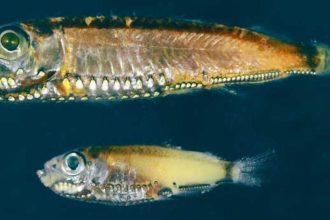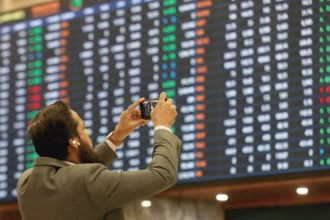Pakistan’s cricket chief Shaharyar Khan has expressed hope that next week’s diplomatic talks between his country and India will help the revival of cricket between the two rivals after a seven-year hiatus.
A delegation from Islamabad led by the prime minister’s adviser on foreign affairs and national security Sartaj Aziz, will visit New Delhi to meet Indian officials on August 23 and 24.
Pakistan is awaiting a green light from New Delhi for a proposed series in the United Arab Emirates starting in December 2015 — the first between the South Asian nuclear rivals since 2007.
Doubts were raised over the series in the wake of terrorist attacks in the Indian city of Gurdaspur last month — which India blamed on Pakistan — as well as continued ceasefire violations in disputed Kashmir.
But Pakistan Cricket Board (PCB) chairman Shaharyar Khan said he hoped the talks would help.
“Aziz is going and I had a meeting with him on Monday,” Khan told reporters Tuesday. “If his visit brings down the political temperature then I think the chances of Indo-Pak cricket series will increase.”
India halted bilateral sports with Pakistan in the wake of terrorist attacks on Mumbai in 2008, which New Delhi blamed on militants based across the border.
But last year both countries’ cricket boards signed a Memorandum of Understanding under which they were due to play six series in 2015-2023, conditional to the Indian government’s clearance.
“Indian board wants conducive political atmosphere for cricket but our view is that cricket and politics must be kept apart,” added Khan, who has himself previously handled the tricky portfolio of a foreign secretary and was also the manager of Pakistan team which toured India in 1999.
Cricket series between Pakistan and India are keenly followed both at home and abroad and regarded as on a par with — if not bigger than — the historic Ashes series between England and Australia.
But cricket has often been affected by political tensions, with no series between India and Pakistan from 1961-1978 and then 1989-1999.(AFP)





